Based on a Lightning Talk by: Oleksii Lavrenin, Lead Software Engineer In Test @ InRhythm on August 24th 2023, as part of this summer’s InRhythm Propel Summit 2023
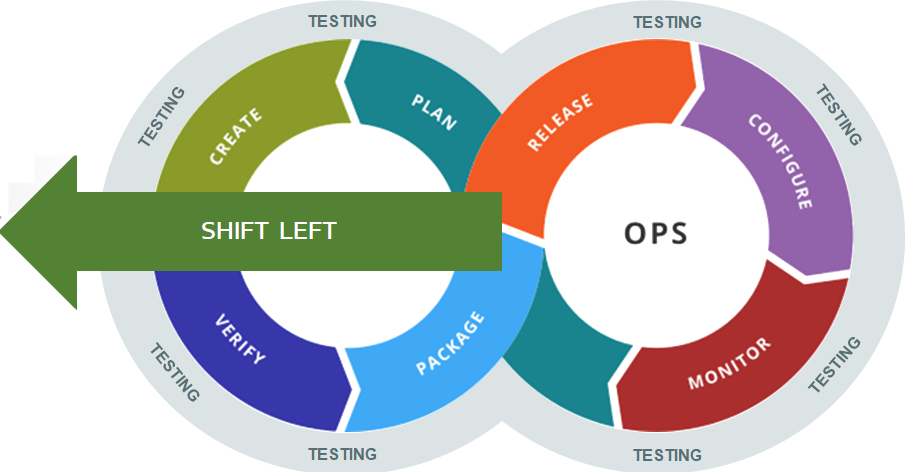
Overview

In today’s fast-paced software development landscape, delivering high-quality products is paramount. As software development methodologies evolve, so do the testing practices associated with them. One such methodology gaining prominence is the Shift Left Testing principle, which aims to detect and fix defects early in the development lifecycle. This proactive approach significantly reduces the cost and effort associated with fixing issues at later stages:
- Overview
- Shift Left Testing: A Paradigm Shift In Testing Philosophy
- The Role Of The Karate API Framework
- Early Validation And Rapid Feedback
- Collaboration And Shared Understanding
- Expressive And Readable Tests
- Continuous Testing And Integration
- Closing Thoughts
- The InRhythm Propel Summit And Our Core Values
Shift Left Testing: A Paradigm Shift In Testing Philosophy
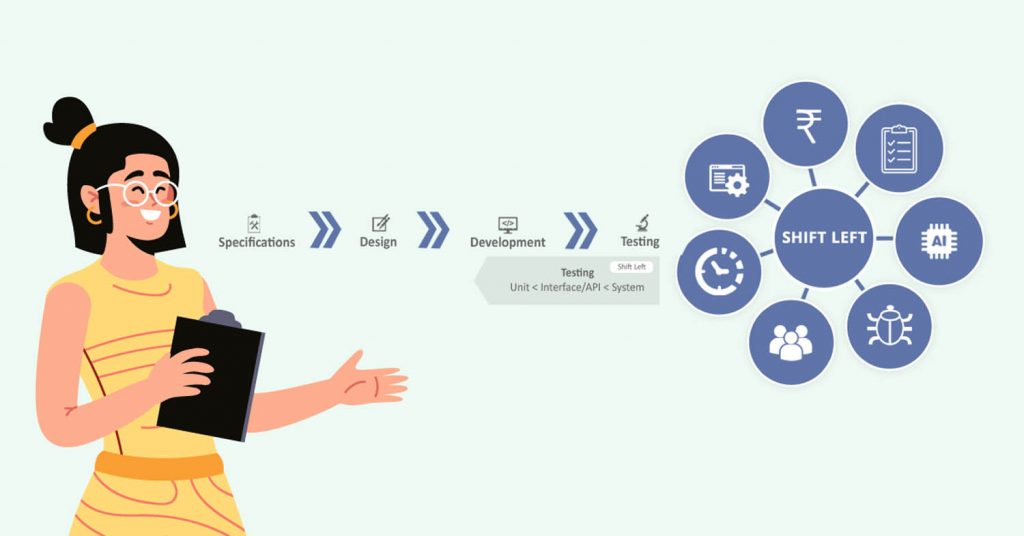
Traditionally, testing activities were often performed towards the end of the development cycle, leading to a bottleneck in identifying and resolving defects. The Shift Left Testing principle challenges this status quo by advocating the integration of testing activities from the very beginning of the development process. This philosophy ensures that potential defects are identified and addressed early, preventing them from propagating further downstream and becoming more complex and costly to fix.
The Role Of The Karate API
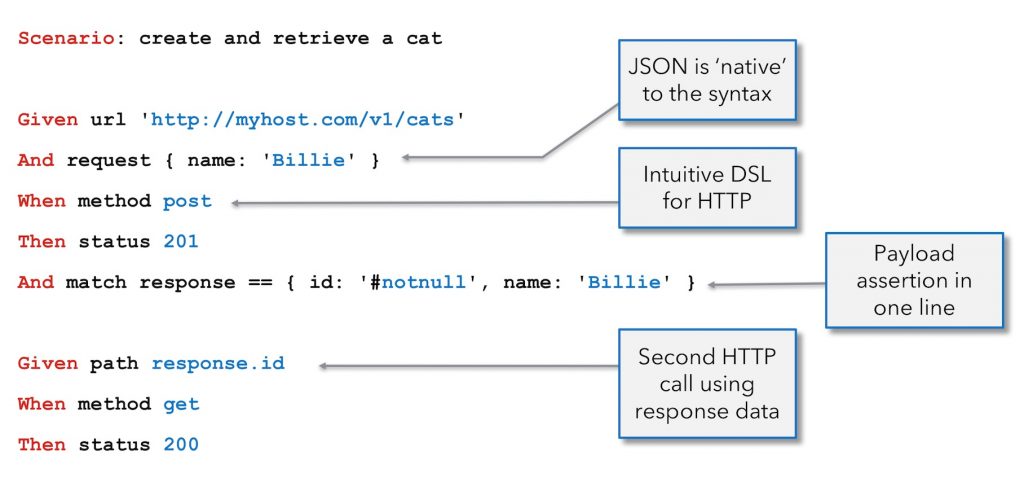
Enter the Karate API Framework, a powerful tool that aligns perfectly with the principles of Shift Left Testing. Karate is an open-source test automation framework specifically designed for API testing. Its unique combination of simplicity, flexibility, and effectiveness makes it an ideal choice for embracing the Shift Left approach.
Early Validation And Feedback
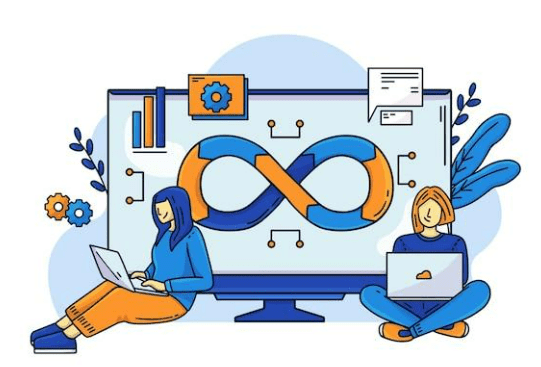
Karate enables teams to perform API testing as early as the development phase. This empowers developers to validate their APIs right from the initial stages, catching potential issues in real-time. By providing rapid feedback, Karate allows developers to address issues swiftly, reducing the need for rework and ensuring that the codebase remains robust.
Collaboration And Shared Understanding

One of the challenges in software development is maintaining clear communication between developers and quality assurance (QA) teams. Karate bridges this gap by using a domain-specific language that is accessible to both developers and testers. This shared language fosters collaboration, ensuring that everyone is on the same page when it comes to defining test scenarios and expectations.
Expressive And Readable Tests
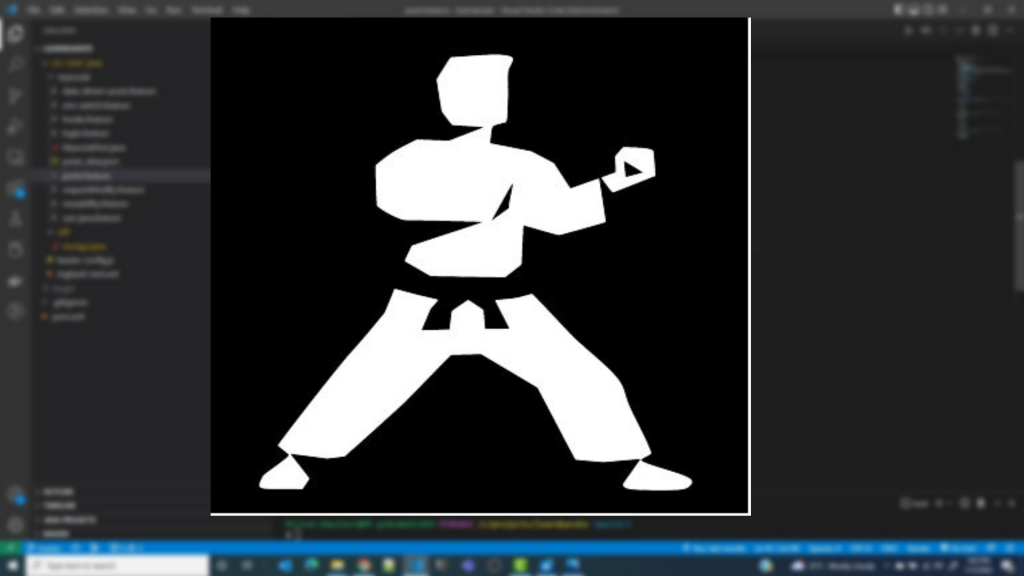
Karate’s syntax is designed to be expressive and readable. Test scenarios are written in a narrative style that closely resembles plain English, making it easy to understand even for non-technical team members. This clarity enhances the Shift Left Testing principle by allowing all stakeholders, including business analysts and product owners, to review and contribute to test scenarios.
Continuous Testing And Integration

Another key aspect of Shift Left Testing is the integration of testing into the continuous integration and continuous delivery (CI/CD) pipeline. Karate seamlessly fits into this workflow, enabling automated API tests to be executed with every code commit. This constant validation ensures that defects are caught early, preventing them from reaching later stages of development.
Closing Thoughts
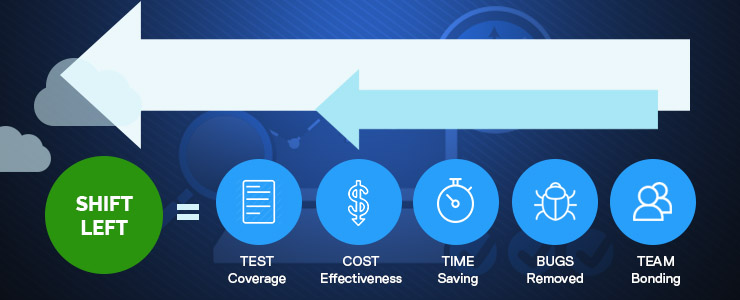
The Shift Left Testing principle has transformed the way software testing is approached, emphasizing early detection and prevention of defects. The Karate API Framework perfectly complements this principle by providing a powerful yet accessible tool for API testing. Its ability to facilitate collaboration, provide rapid feedback, and integrate seamlessly into the development pipeline makes it an indispensable asset in achieving high-quality software development.
By embracing the Shift Left approach with tools like Karate, development teams can ensure that their products meet the highest quality standards while maximizing efficiency and minimizing costs. The journey towards software excellence begins with a proactive mindset, and the synergy between Shift Left Testing and the Karate API Framework paves the way for a brighter future in software development.
The InRhythm Propel Summit And Our Core Values
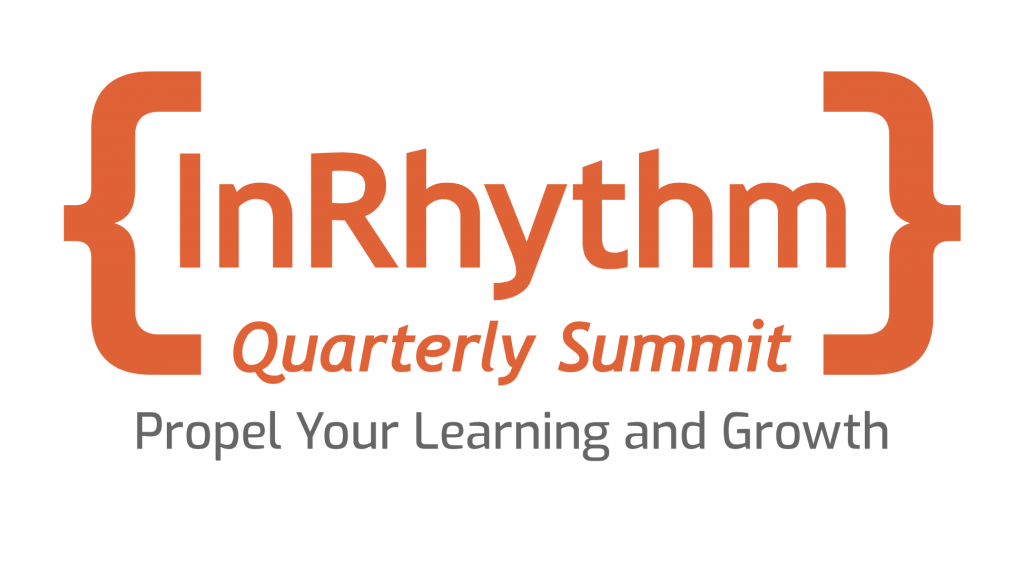
At InRhythm, our ethos centers around fostering a culture of learning and growth. We believe that staying at the forefront of technological advancements is key to providing exceptional solutions to our clients. The InRhythm Propel Summit perfectly encapsulates this commitment, serving as a platform for sharing insights, fostering innovation, and empowering our engineering community.
As part of this summit, we were thrilled to feature the SDET workshop, an immersive experience led by the esteemed Vidal Karan and Oleksii Lavrenin.

